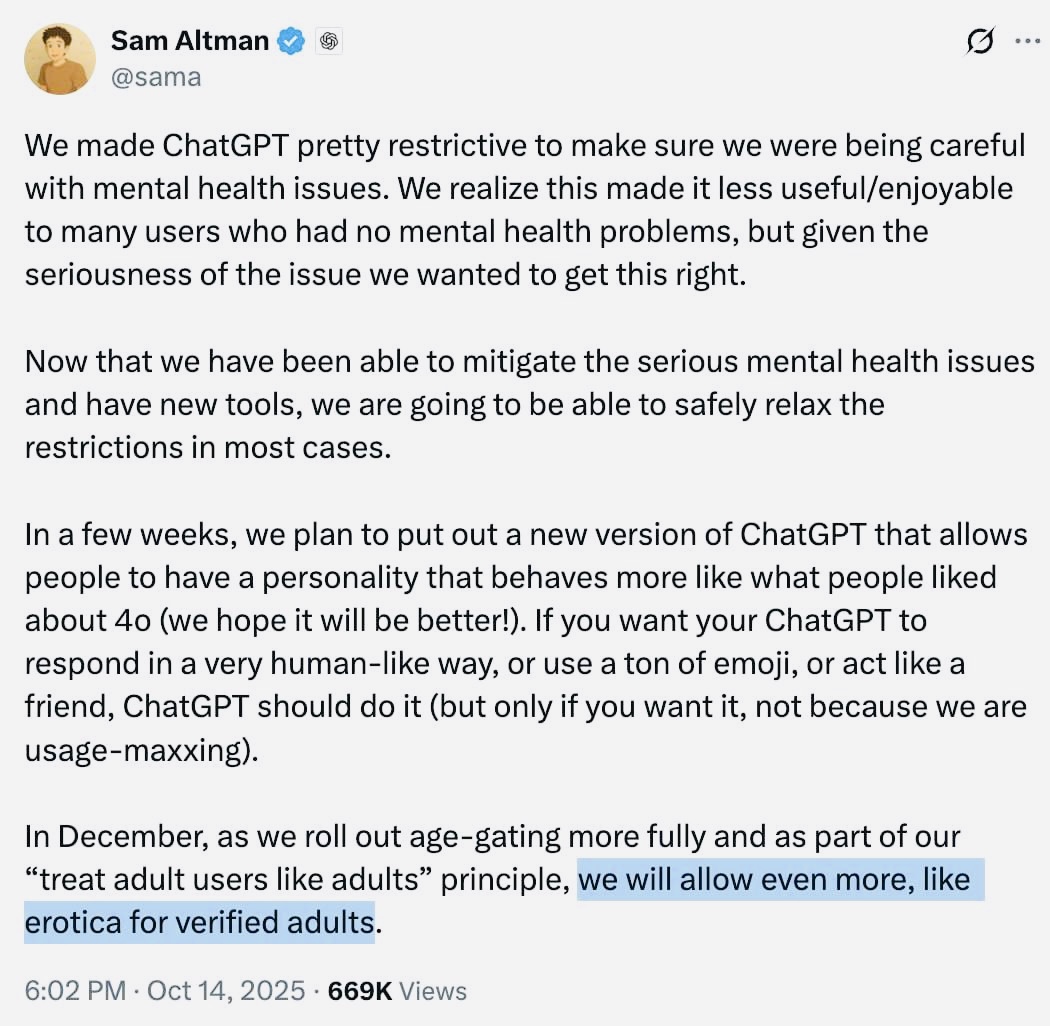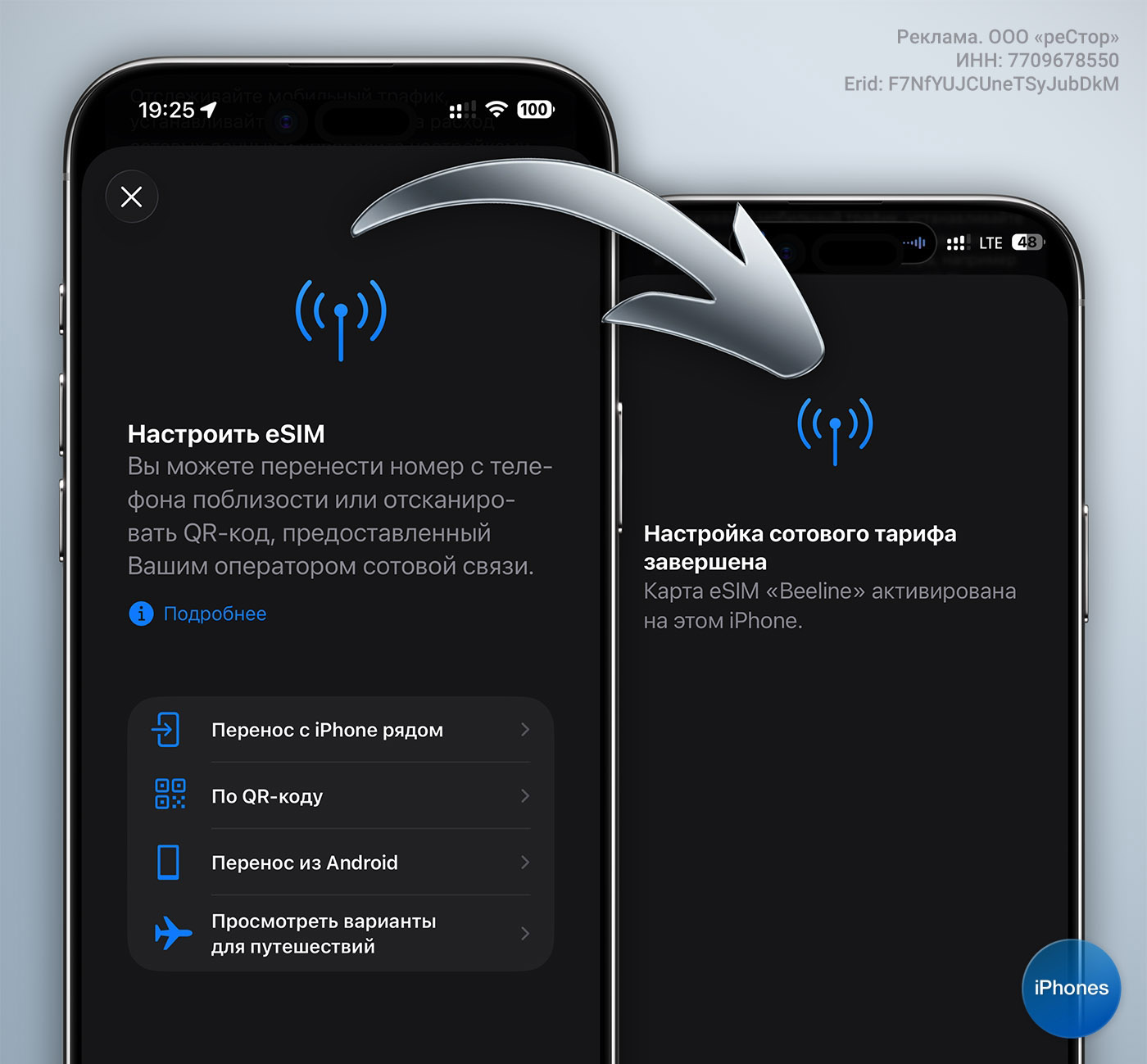Initiative Google delete third party cookies on Chromium continues to take shape. This time, Mountain View has announced an official date that will begin the gradual process of blocking this feature from your web browser.
Last month, Californians mentioned that the first phase of eliminating third-party cookies in Chrome would launch in the first quarter of 2024. However, they avoided providing more specific information on this matter.
Fortunately, there is now concrete information. First step to removing third-party cookies from Chrome It will begin on January 4 next year.Google confirmed. From that day on, tests of what the company calls Tracking Protection.
This feature blocks third-party cookies in Google Chrome by default. It’s part of a program known as Privacy Sandbox, which the Californians launched after the controversy and failure of FloC, their previous initiative to eliminate web trackers.
As we have already indicated, the implementation of this plan from the first days of 2024 will be gradual. Basically, Only 1% of Google Chrome users worldwide will block third-party cookies, both in desktop and Android versions. Those selected to participate in this first test will see a notification when they log into their browser.
Google Takes First Step to Eliminate Third-Party Cookies in Chrome

Users participating in the initial trial will not have to do anything to block third-party cookies. Google Chrome will do this by default, although it will offer options temporarily disable this measure if problems are found in some places. Some pages are known to not work properly or not load all the information if trackers are disabled.
Those who wish to allow third-party cookies on the website can do so using the eye-shaped icon in the address bar. By clicking on it, you will find the option to reactivate them manually. Please note: unless you block them again, Google Chrome It will do this automatically when 90 days have passed..
Google says its intention is to permanently remove third-party cookies in Chrome for all its users in the second half of 2024. Although this will depend on what is determined by the UK Competition and Markets Authority (CMA), which oversees the Privacy Sandbox implementation.
The launch of tracking protection will mark a turning point not just for Chrome, but also for Google and its business model. On the browser side, it will catch up with other apps that block third-party cookies by default for some time. This is the case with Safari, Firefox or Brave. Even Microsoft Edge, which is based on Chromium, allows you to activate tracker blocking in its settings.
From a business perspective, blocking third-party cookies will force Californians to find new ways to monetize the Internet without affecting user privacy. The company is working on Topics, a replacement for FloC and conventional web crawlers.
Simply put, this solution uses the past three weeks of Google Chrome user history to identify trends. Thus, it is expected that sites will be able to display ads with a certain degree of personalization, but without the possibility of tracking when moving from one site to another. This is also part of the Privacy Sandbox initiative.
Source: Hiper Textual
I am Garth Carter and I work at Gadget Onus. I have specialized in writing for the Hot News section, focusing on topics that are trending and highly relevant to readers. My passion is to present news stories accurately, in an engaging manner that captures the attention of my audience.











